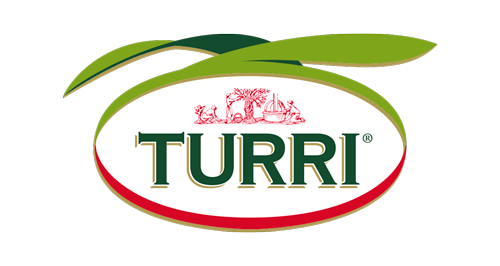Since time immemorial, the olive tree was exploited extensively for its healing powers: its leaves for instance were used to make a decoction used to treat fevers and in general, ailments caused by viruses and bacteria.
What are the properties of olive leaves?
Olive leaves have been observed to contain active principles exhibiting significant antimicrobial activity against a wide array of pathogens (viruses, bacteria, fungi, etc.) and can therefore help prevent infections. The leaves also contain compounds that can both boost the immune system and improve cardiovascular health by lowering blood pressure and cholesterol levels.
Benefits on the heart are also a consequence of the increased elasticity of the arteries.
Leaves also have antioxidant, anti-inflammatory, diuretic and energising properties. Some investigations have also revealed that the leaf extracts are useful against diabetes (thanks to their hypoglicemic action), degenerative diseases such as Alzheimer’s, and cancer.
Other researchers suggest that the leaf decoction might prevent osteoporosis thanks to its oleuropein content. This active principle is presumably responsible for most the benefits mentioned previously.


